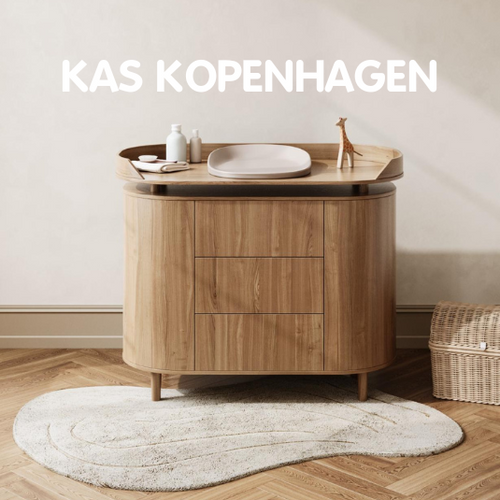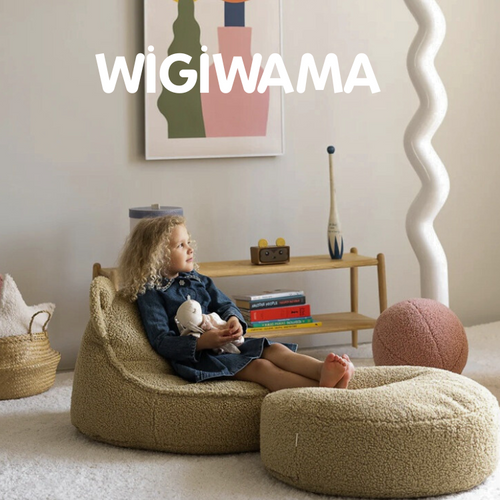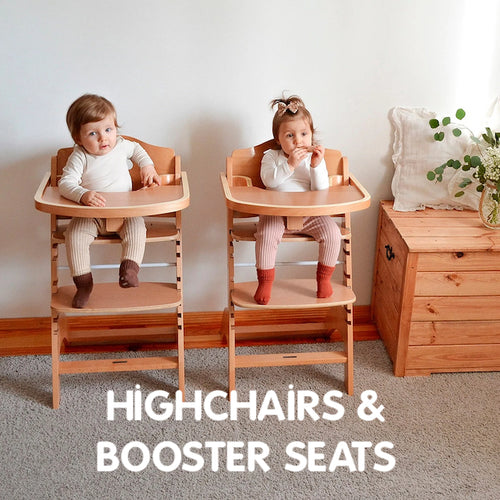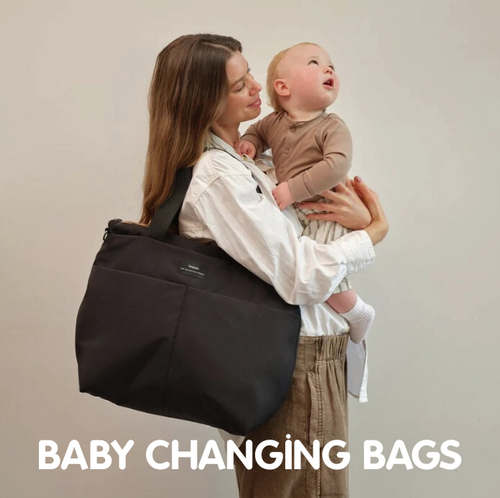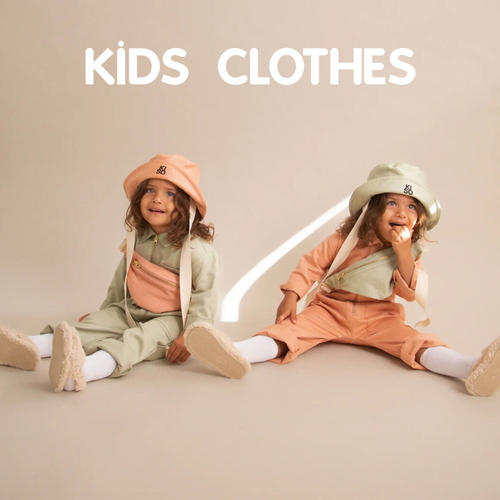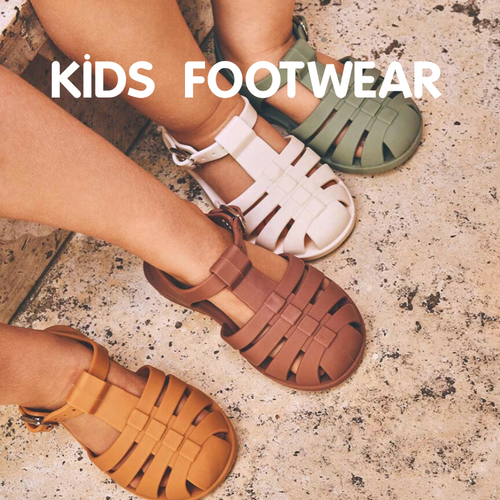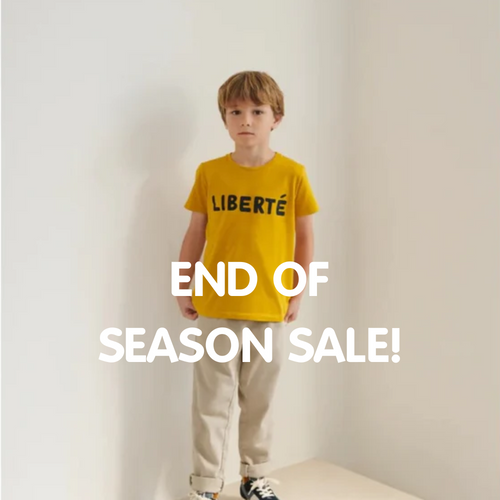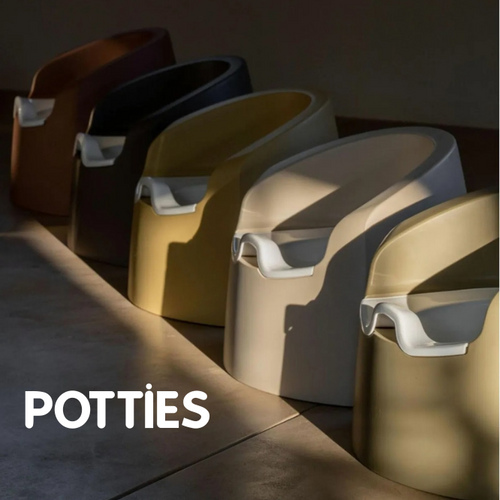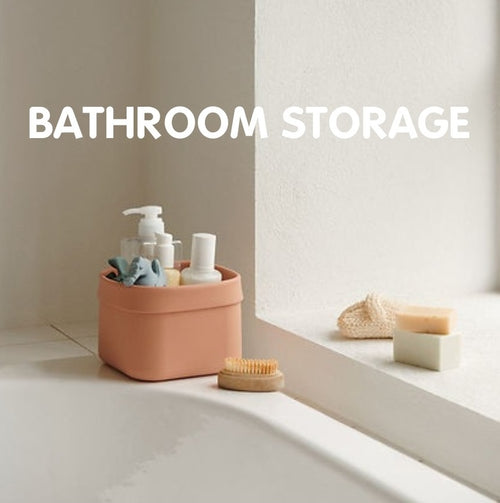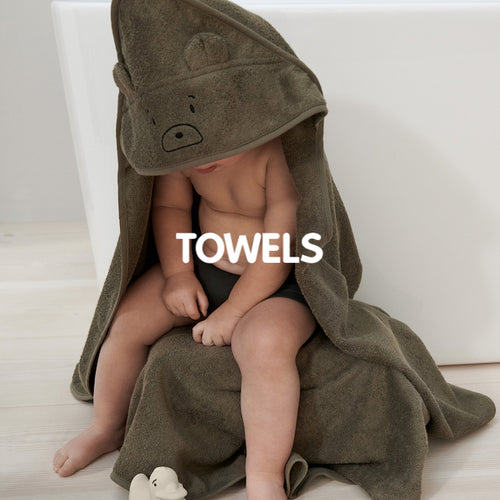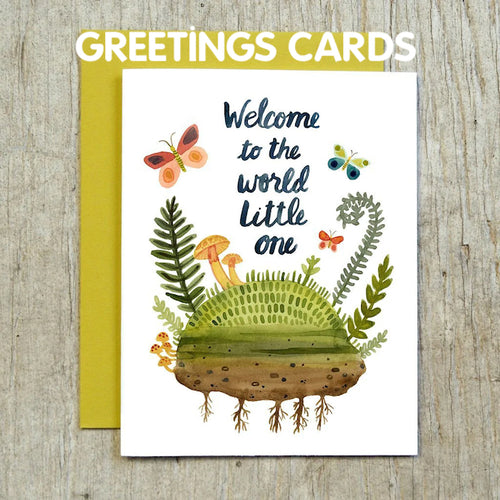-
Janod Wooden Dino Garage
Regular price £64.95Regular priceUnit price per£79.95Sale price £64.95Offer -
Janod Wooden Doll's Pram
Regular price £79.95Regular priceUnit price per -
Janod Wooden Doll's Highchair
Regular price £34.95Regular priceUnit price per -
Janod Wooden Doll's Cot
Regular price £42.95Regular priceUnit price per -
Janod Doll Feeding Role Play Set
Regular price £29.95Regular priceUnit price per -
Kid's Concept Wooden Doll Crib
Regular price £59.95Regular priceUnit price per -
Kid's Concept Wooden Doll Pram
Regular price £64.95Regular priceUnit price per -
Kid's Concept Wooden Doll Stroller
Regular price £39.95Regular priceUnit price per -
Janod Unicorn Wooden Jewellery Box
Regular price £14.95Regular priceUnit price per£19.95Sale price £14.95Offer -
Janod Unicorn Wooden Dressing Table & Accessories
Regular price £89.95Regular priceUnit price per£99.95Sale price £89.95Offer -
Kid's Concept Doctors Case Role Play Set - Natural
Regular price £23.95Regular priceUnit price per -
Janod Vet Role Play Set
Regular price £29.95Regular priceUnit price per -
Janod Doctor Role Play Set
Regular price £29.95Regular priceUnit price per -
Liewood Freddie Silicone Barber Play Set - Almond Multi Mix
Regular price £19.95Regular priceUnit price per£29.95Sale price £19.95Offer -
Janod Wooden Doll's House with Furniture
Regular price £99.95Regular priceUnit price per£119.95Sale price £99.95Offer -
Janod Wooden Unicorn House
Regular price £24.95Regular priceUnit price per
Why does Montessori not use plastic?
One of the core values of Montessori is to promote the use of natural materials in childrens play. This lies hand in hand with their primary goal to encourage imaginative and active play, which isn't necessitated when brightly coloured, plastic toys with electronics are used. People who practice Montessori parenting also believe that natural materials are safer for children compared to the possible chemicals found in plastic toys.
How can you tell if a toy is Montessori?
Montessori toys are quite easy to find if you know what you're looking for. A toy that is considered to be in alignment with the Montessori practice should not include electronics or flashing lights, should be made from natural materials, and should encourage independence and focus on one skill at a time.
Why don't Montessori toys have colour?
A common misconception of Montessori toys is that they are not colourful. Montessori toys although largely made from natural materials such as wood, still come in many different colours. Montessori practices encourage the use of colour to aid in child development however they opt for softer, more muted tones opposed to the more common primary colour palette you see on most children's toys.

